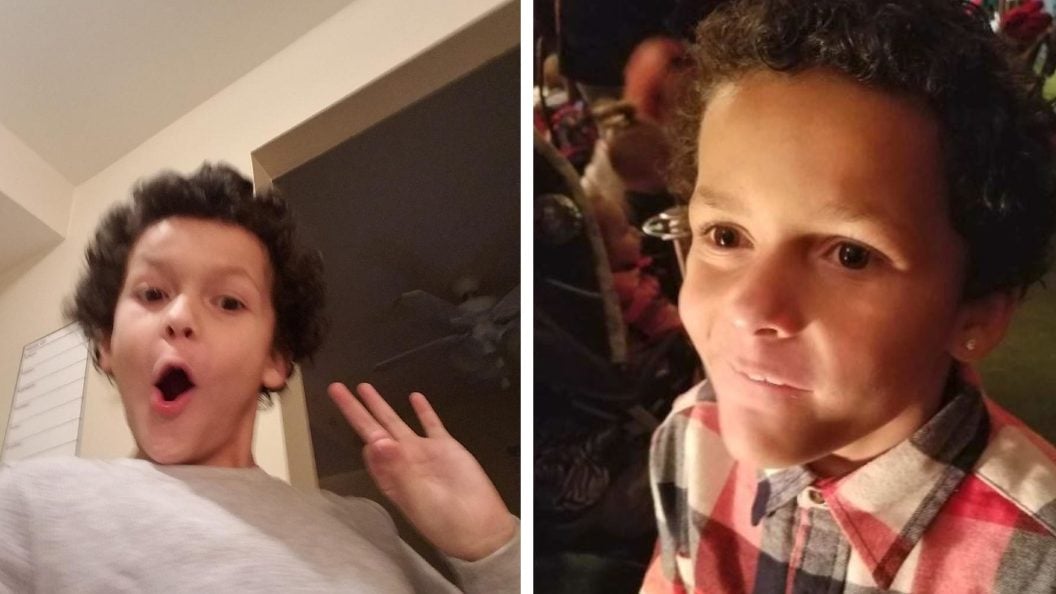For Queer little boys like Jamel Myles who commit suicide because coming out was never enough
Unfortunately, a moment that should have been met with compassion was treated with skepticism, antagonism, and the questioning of “how could a 9-year old child determine his/her/their sexuality at such a young age?”

This week, social media was set on fire following the story of Jamel Myles—a 9-year-old boy who had recently “come out” as gay to his mom. Following his coming out, Jamel was met with taunting and bullying so severe that just a four days into the school year, the fourth grader decided to take his own life.
Reports of Jamel’s suicide sent shockwaves throughout the queer community as many of us know the struggle of non-acceptance of our identity. Unfortunately, a moment that should have been met with compassion was treated with skepticism, antagonism, and the questioning of “how could a 9-year old child determine his/her/their sexuality at such a young age?”
The minute I read about Jamal’s story, I began to cry. Another child’s life has been lost because of homophobia. Following the tragic killing of 15-year old Giovanni Melton, and the death of Gemmel Moore, the instant backlash to our plight made me feel empty and disposable. A child of any age should never feel as death is a better option than life. I was devastated by Jamel’s death not only for the queer adult I am now, but for the queer child I once was; someone who knows all too well the feelings associated with constant bullying for simply trying to be my true self.
I was 5-years old when I knew I was different. I was too young to understand what queer or gay actually meant, but I knew and fully understood that “different” and “other” perfectly described me. My attraction to boys and my identity performance (an effeminate nature with which I walked and talked) were both innate and completely natural. I was as a young boy growing up in the early 90’s, but there was no “coming out” for children like me. There was only suppressing, assimilating, and doing everything I could to simply survive.
READ MORE: 9-year-old commits suicide days after being bullied for coming out as gay to his classmates
There is this myth that “coming out” is some kind of magical turning point in a queer person’s life. Although it can often lift the internal burden one carries as they come into acceptance of their own identity, being out primarily makes you a target. While I knew I was queer at a young age, I didn’t publicly come out until I was 27. Fortunate for me, my mother always knew and says she recognized signs as early as age two. Recently at a family cookout, when discussing my childhood and queerness, my mother stated, “Me and your little brother over there would f**k someone up over you.”
Even with that level of amazing acceptance, it’s not enough to guarantee saving a child from the oppression faced once he/she/they leave the house each day. Many are calling out Jamel’s parents for “allowing” him to come out, claiming he was too young to know any better. Yet, we never question what age is too young for a child to know about being heterosexuality.
Boys and girls have puppy love and crushes all the time and exchange Valentine Day cards with one another as early as kindergarten. Straight kids are never too young to confirm who they truly are and I’ve seen enough viral videos of little boys dancing up on well seasoned, grown women to know it’s a rite of passage. Yet, when a child is either telling you or showing signs of queerness, it has to be a phase or questioned.
A child of any age should be able to express feelings of being queer, gay, lesbian or other. The concern really should be in finding ways to explain what this means to the children who identify as straight in order to avoid situations of bullying that can often lead to detrimental results.
Homophobia is taught from the household to rap lyrics to the barbershop. It is ingrained into our society as unacceptable and deviant. Stories like Jamel are hard on us in the queer community, yet through the tears we continue to have hope.
The murders of trans people, the killings and violence against queer people and societal pressures that cause a child to commit suicide can no longer exist. There are little queer children all over this world who are starting to identify at much earlier ages. Society must hold a safe place for them that is conducive to their acclamation into the world or we will start to read more stories like Jamel’s.
READ MORE: Beyonce and Jay-Z fan who stormed concert stage blasts security in profane rant
The problem is not queer children. The problem is not queer people. The problem is your acceptance that our death is just as disposable as yesterday’s news. We have to stop putting the onus on queer kids to tough it out because “it gets better.” For many queer children and adults alike, it isn’t getting better—with death becoming a more viable option over the daily antagonism against our existence.
Jamel’s life mattered and if you cannot see that the humanity you should be questioning is your own.
George M. Johnson is a Black queer journalist and activist located in the NYC area. He has written for TheRoot, ET, HIVequal, TeenVogue, NBC News and several other major publications. Follow him on Facebook, Twitter, or Instagram.
